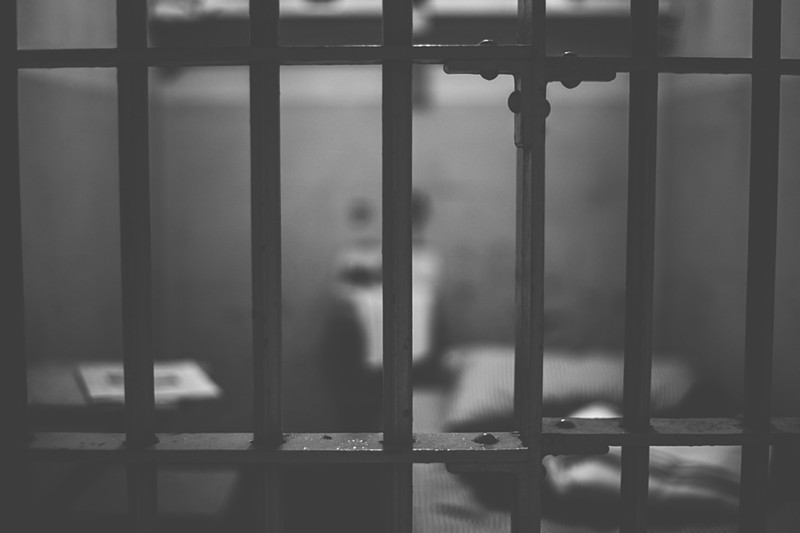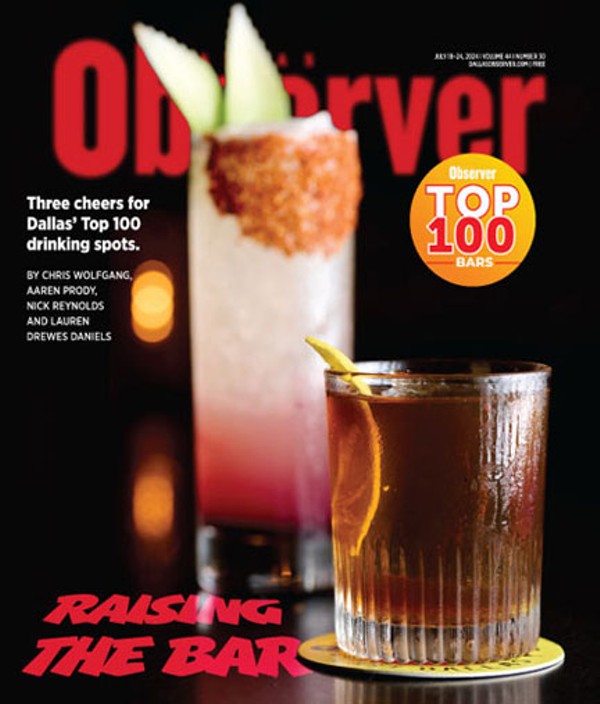After being taken into custody in Harris County Jail in 2016, officers told her she could leave immediately if she paid $2,500 in cash bail.
In a hearing lasting less than 60 seconds, during which Harris County sheriff’s officers told her not to speak, a judge confirmed her bail would be set at $2,500, according to the county’s bail schedule for misdemeanor offenses.
Odonnell, then 22, struggled to pay for food for her daughter and stayed with a friend because she could not afford her own place. She didn’t have $2,500 sitting around. For the alleged crime of driving without a valid license, she was forced to remain in jail — away from her daughter, absent from her new job, alone in one of the largest and most dangerous jails in the country.
Cases like Odonnell’s prompted a 2017 class-action lawsuit challenging Harris County’s misdemeanor cash bail system, claiming it unfairly incarcerated poor people while allowing those with the money to pay bail to walk free. In 2019, a federal judge ruled in favor of Odonnell and her fellow detainees, eliminating cash bail for misdemeanor defendants in Harris County.
Since scrapping its cash bail system, the number of Harris County misdemeanor cases dismissed by authorities — those with neither a guilty verdict nor a criminal conviction — nearly doubled, spiking from 35 to 68 percent.
“What that tells you is that people are basically being coerced into pleading guilty through pretrial detention. And when they are out, they're able to actually exercise their rights and fight their case, whereas when they're in jail, they just want to get out of there and they'll plead to time served," said Amanda Woog, the Texas Fair Defense Project's executive director.
Now, Texas Republicans want to undo those reforms.“Basically, anytime you're using cash to determine who stays in jail and who doesn't, you're going to be punishing the poor." - Amanda Woog, Texas Fair Defense Project
tweet this
This month, in the special legislative session, state GOP lawmakers have pushed two concurrent bills through the House and Senate that aim to codify cash bail and increase bail amounts for certain crimes statewide.
Senate Bill 6 and House Bill 2 contain provisions that would require defendants with low-level drug charges to pay bail, while also increasing minimum bail amounts for people deemed repeat offenders.
Sponsoring lawmakers cite a recent uptick in crime as justification for keeping more people in jail for longer periods.
“SB 6 is legislation which is really a direct response to the increase in violent and habitual offenders being released on personal bonds along with low cash bonds,” state Sen. Joan Huffman of Houston said in a Senate hearing.
Neither Huffman nor the state GOP’s offices replied to requests for comment.
Both bills also have language that would limit charitable bail funds’ operations, which critics argue would both further limit poor defendants’ options for bailing out of jail pretrial.
“The high-level danger of this legislation is it really entrenches that system, and whereas most states are trying to move away from cash bail and determine better proxies for figuring out who is in jail and who is released pretrial, Texas is moving in the opposite direction with this legislation,” said Woog of the Texas Fair Defense Project.
“Basically, anytime you're using cash to determine who stays in jail and who doesn't, you're going to be punishing the poor."












